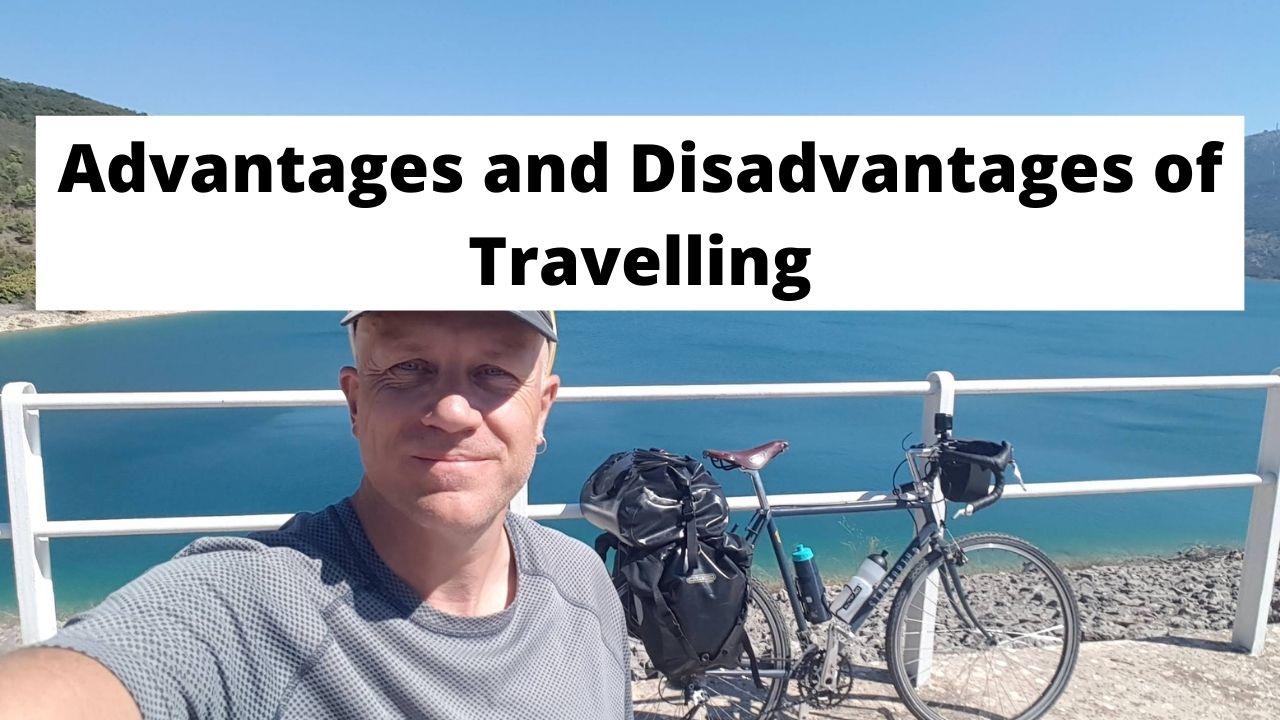
The Benefits and Drawbacks of Traveling: A Comprehensive Overview
Traveling is an essential part of human life that not only introduces us to the beauty of the world but also expands our perspectives, experiences, and knowledge. While there are numerous benefits to traveling, it also comes with certain drawbacks that cannot be overlooked. In this article, we’ll explore both the advantages and disadvantages of traveling, giving you a well-rounded understanding of what to expect when you hit the road.
Benefits of Traveling
1.Cultural Exposure
One of the greatest benefits of traveling is the exposure to different cultures. Traveling allows you to experience new traditions, languages, and ways of life that you wouldn’t encounter in your own country. This exposure broadens your worldview and makes you more empathetic toward people from different backgrounds. It teaches you to appreciate diversity and understand that there are many ways of living and thinking.
For example, visiting countries like Japan or India can provide a stark contrast in culture compared to Western countries. From the food and customs to the religious practices and social norms, each destination offers a unique cultural experience that can leave a lasting impact.
2. Personal Growth
Traveling challenges you in ways that staying at home does not. It forces you to step out of your comfort zone, whether it’s navigating a foreign city, trying to communicate in a different language, or adapting to new environments. These challenges build resilience, confidence, and problem-solving skills.
Moreover, traveling alone can lead to significant self-discovery. You learn more about your preferences, limits, and capabilities when you’re on your own in an unfamiliar place. It fosters independence and self-reliance, which are crucial for personal growth.
3.Relaxation and Stress Relief
Traveling offers a break from the daily grind, providing an opportunity to unwind and recharge. Whether it’s lounging on a beach, hiking in the mountains, or exploring a new city, travel can be a great way to relieve stress and rejuvenate your mind and body. The change of scenery and routine helps refresh your outlook on life and can lead to improved mental health.
4. Education Beyond Books
Traveling is an education in itself. It provides real-world experiences that no classroom can offer. Visiting historical sites, museums, and cultural landmarks can deepen your understanding of history, art, and human civilization. For example, seeing the pyramids in Egypt or the Colosseum in Rome in person can provide a much more profound experience than reading about them in a book.
Additionally, travel often teaches practical skills like budgeting, time management, and negotiation. It makes you more adaptable and resourceful, which are valuable life skills.
5.Social Connections
Traveling allows you to meet people from all walks of life. Whether it’s fellow travelers or locals, these interactions can lead to lifelong friendships or valuable networks. Traveling solo, in particular, encourages you to engage with others, fostering communication skills and creating opportunities for meaningful connections.
Drawbacks of Traveling
1.Cost
One of the most significant drawbacks of traveling is the expense. Flights, accommodation, food, and activities can add up quickly, making travel a costly endeavor. For many people, financial constraints can limit the frequency and duration of their trips. Even budget travel options require some level of financial investment, and not everyone can afford to travel as often as they’d like.
2.Health Risks
Traveling, especially to foreign countries, can expose you to various health risks. From foodborne illnesses to diseases like malaria or dengue fever, traveling to certain regions can pose health challenges. Even something as simple as adjusting to a new climate or time zone can affect your well-being.
Moreover, during times of global health crises, such as the COVID-19 pandemic, traveling can increase the risk of contracting or spreading disease. It’s essential to take precautions and stay informed about the health risks associated with your travel destination.
3.Environmental Impact
Traveling, particularly by air, has a significant environmental impact. Air travel is a major contributor to carbon emissions, which contribute to climate change. Additionally, tourism can lead to the degradation of natural environments, especially in popular destinations that see large numbers of visitors.
For example, over-tourism in places like Venice, Machu Picchu, and Bali has led to environmental concerns such as pollution, habitat destruction, and strain on local resources. Travelers need to be mindful of their environmental footprint and consider sustainable travel options when possible.
4.Cultural Sensitivity
While traveling can expose you to new cultures, it also comes with the responsibility of being culturally sensitive. Tourists who are unaware of or disrespectful toward local customs can inadvertently offend locals or contribute to the erosion of cultural traditions. It’s essential to research and respect the cultural norms of the places you visit to ensure that your presence is positive and not harmful.
5.Safety Concerns
Traveling to unfamiliar places can pose safety risks. From petty crime and scams to more serious threats like political instability or natural disasters, travelers need to be vigilant and prepared for potential dangers. It’s important to stay informed about the safety conditions of your destination and take necessary precautions to protect yourself and your belongings.
Also Read: Living with Purpose: Why You Feel Lost and How to Find Your Way Back
Conclusion
Traveling is a transformative experience that offers countless benefits, from cultural exposure and personal growth to relaxation and education. However, it also comes with certain drawbacks, including cost, health risks, and environmental impact. By being mindful of both the advantages and disadvantages, you can make informed decisions about when and where to travel, ensuring that your adventures are both enjoyable and responsible.
Whether you’re exploring a new city or venturing to a remote destination, travel has the power to enrich your life in ways that few other experiences can. With careful planning and consideration, you can maximize the benefits of travel while minimizing its potential downsides. So, pack your bags, embark on new adventures, and let the journey of discovery begin!
